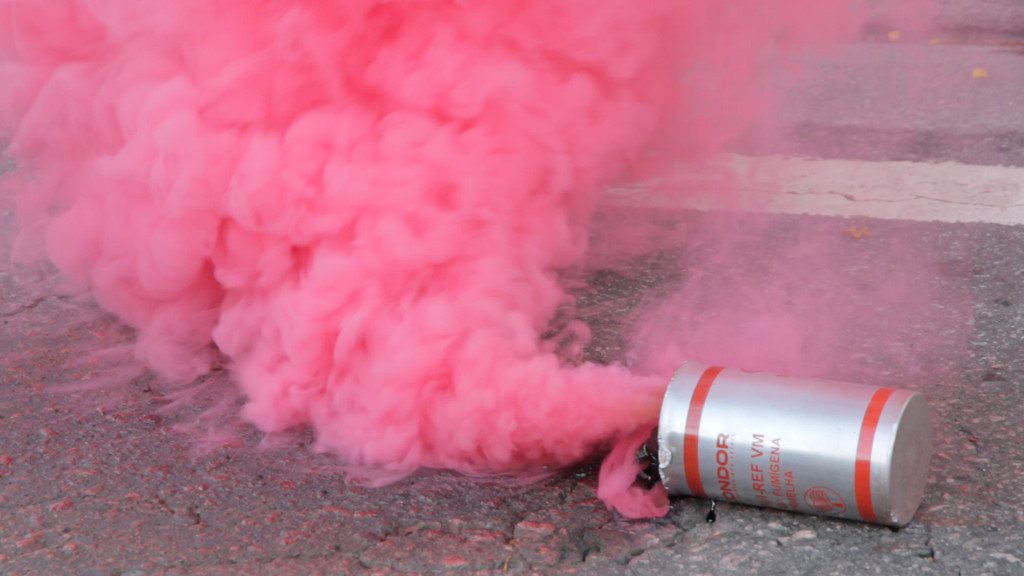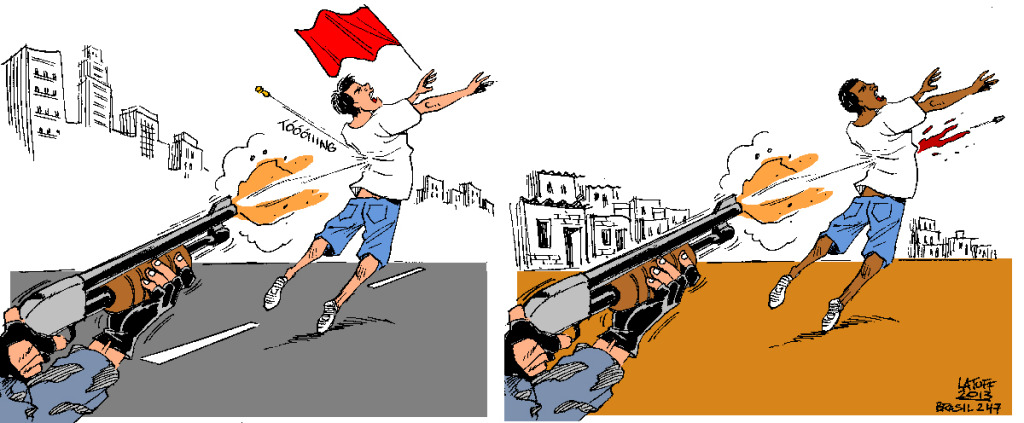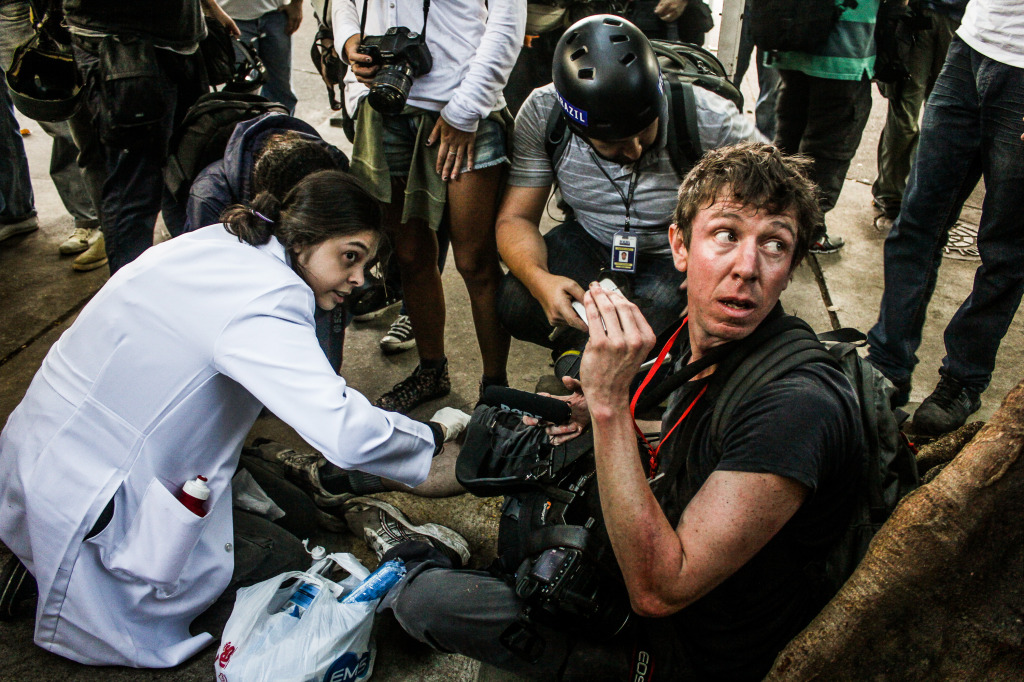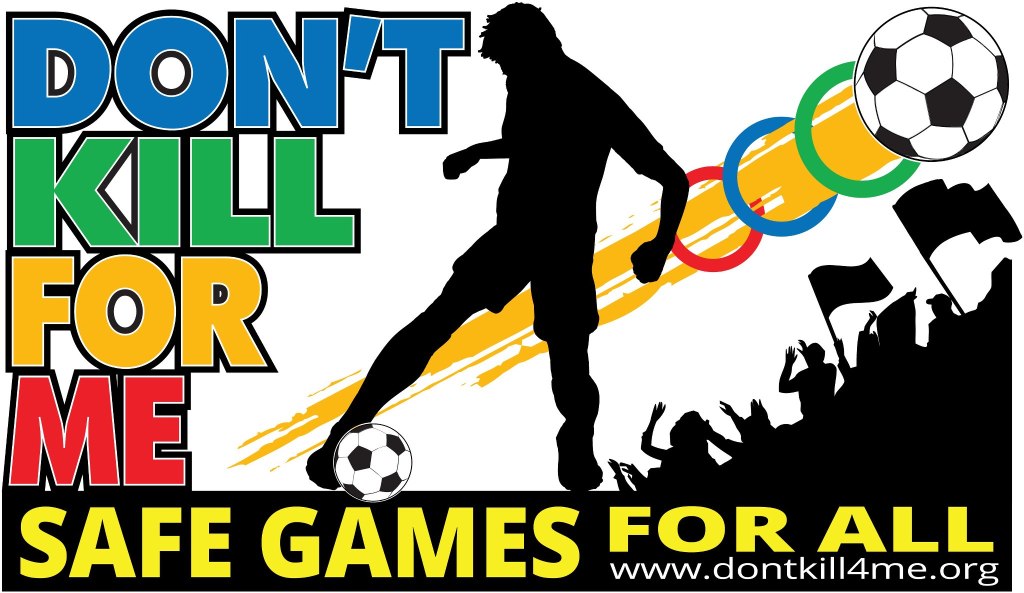The fastest growing sector of the international arms industry is what are referred to as “Riot Control and Public Order Weaponry.” One of the world’s largest international suppliers of these weapons – Condor – is based in Rio de Janeiro, and has expanded its business by 30% in the last 5 years. Condor supplied many of the weapons deployed in uprisings in Egypt, Turkey and Bahrain, where the products were repeatedly used against protocol and to systematically torture people.
Condor secured itself an exclusive $22 million contract as part of the security budget for the World Cup and provides Brazilian security forces with 27 different categories of “non-lethal” weapons of repression including rubber bullets, tear gas, tasers, light and sound grenades. Condor has an exclusive deal with Brazilian Defense and Security Industries Association: “That means all public defense and security public institutions, such as the Brazilian police, may purchase without a government procurement process,” says investigative reporter Bruno Fonseca.
Condor categorizes its products as “non-lethal” despite a growing number of deaths of both protestors and bystanders as reported by the UN. The categorization is important because it allows Condor to circumvent the Chemical Weapons Convention restricting the uses of toxic gases. Often classified as policing equipment, these weapons fall outside of arms sales restrictions and are mostly unregulated, with hundreds of thousands of such weapons being funnelled directly to Brazilian security forces without oversight. It seems that repression is good for business in Brazil.
Source : wagingnonviolence.org/feature/repressing-world-cup-protests-booming-business-brazil



